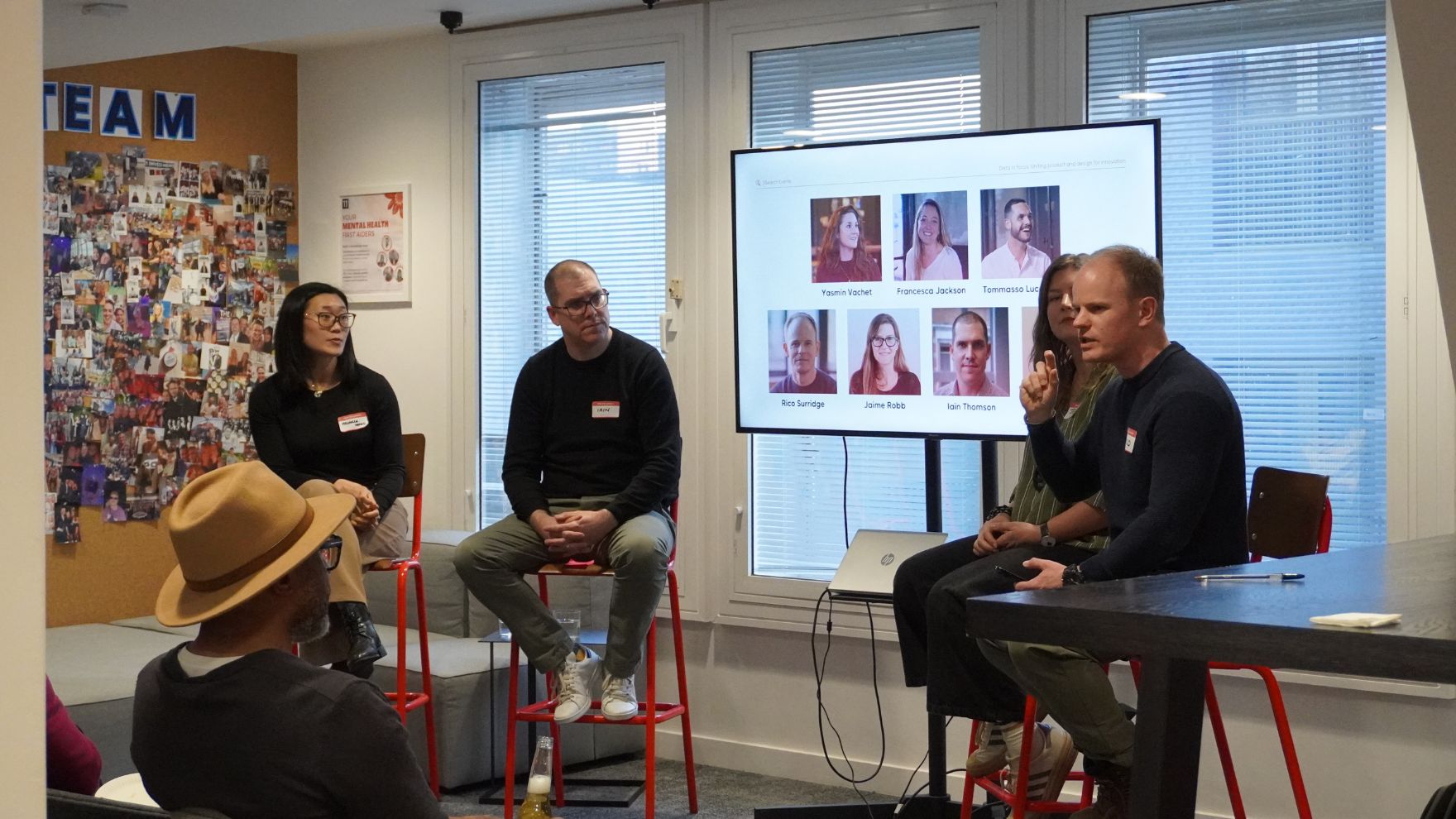
Upload Your CV
Send us your CV and a member of the team will be in touch to discuss open opportunities with you.
This is a great resource for anyone who is seeking their first product job. Whether you'...

This is a great resource for anyone who is seeking their first product job. Whether you're an Engineer or a Project Manager, this article reveals the skills you need to move into product management.
Transitioning to a new career path is always daunting. However, as a rapidly scaling sector, product management is becoming increasingly attractive to candidates. It's no surprise that one of our most frequently asked questions is 'How do I become a Product Manager?'. We've built this guide to support aspiring Product Managers into their first role and beyond, covering:
The first step to becoming a Product Manager is to build your product CV. To do this, you need to ensure you're showcasing the transferable skills relevant to the job title. Here are some of the most important Product Manager skills.
To find an entry-level product role, there tends to be less emphasis on technical product skills. However, upskilling in the following areas could be useful to your job search:
While technical skills are important, great Product Managers (PMs) are often defined by their soft skills.
If you’re looking to build these skills, start by immersing yourself in relevant content. Read extensively, and don’t stop at just one book or blog. Apply your learnings to the real world, adapting your thinking as you consume more.
Ultimately, the best way to be a great Product Manager is to act like one. Think critically, ask questions, and always seek ways to add value.
With a fresh CV, finding your first opportunity is often the trickiest. Here are some top tips for finding that first product job.
Starting your search within your current business is often the best first step. The network you've built in your current role can often help fast-track your career transition. Even if a product role isn't immediately available, they can expose you to projects that support product development and/or help you strengthen your product skills. So it's a great option for gaining hands-on experience.
Plus, you're more likely to be successful in moving internally. External hiring managers often need candidates who can "hit the ground running" without needing to spend resource on training.
Always supplement your on the job training by engaging in continuous learning. Take courses, attend events, and connect with the product community to familiarise yourself with the language and workflows. This will help you understand what a strong product culture looks like - something you can use to assess future opportunities.
Finding the right company with a strong product culture is crucial for a long-term career in product management. Here are the key areas you should evaluate:
Recruiters specialising in Product Management can be invaluable allies in your career journey. To help them help you, provide as much information as possible. When Francesca Jackson works with candidates, she asks these key questions:
Recruiters are often most effective once you’ve gained some PM experience. However, building a relationship early on has long-term benefits. Keep them updated on your progress, share your challenges, and let them know when you’re ready to take the next step. A recruiter who understands your strengths and aspirations will be better equipped to connect you with the right opportunities.
Here are our final few tips to help you kick off your product management career.
Your CV should clearly communicate the value you’ve delivered. Focus on metrics that demonstrate tangible outcomes, such as retention rates or revenue. Use actual figures where possible to show your contributions.
A mentor can provide invaluable guidance, whether you’re transitioning into product or looking to grow within the field. When working with a mentor, be specific about what you need. Ask them to identify skills gaps or share advice from their own career transitions. Don’t hesitate to ask for help, many experienced PMs are happy to support others.
If you have a background in a specific sector, such as FinTech, education, or hospitality, consider targeting roles within those industries. Companies often value candidates who already understand their market and customers.
Be honest about your experience, but also be ready to demonstrate a deep understanding of product concepts. Anticipate common interview questions and practice articulating your thought process.
Networking isn’t just about job opportunities - it’s about learning and building connections. Attend events to listen, absorb insights, and engage with professionals across roles like Design and Engineering. This will broaden your perspective and showcase your curiosity and empathy, key traits of a strong PM.
Think of your CV as a product:
Continuously refine it to ensure it aligns with your career goals.
At this point, you should be ready to start searching for that initial product management job. View our latest roles to start apply today!